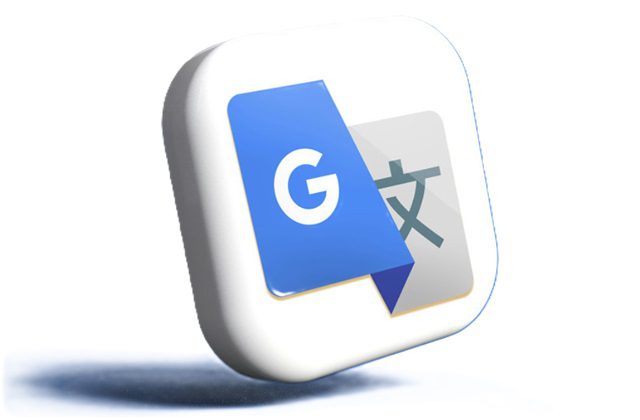BTN News: Google has reached a big milestone by expanding Google Translator to support 111 languages. This amazing growth is thanks to new artificial intelligence technology. Recently, technology expert Ricardo Zamora talked about this exciting update on MVS Noticias. He explained how AI has greatly improved language translation and helps make the internet more inclusive.
The expansion of Google Translator shows how much better AI has become at translating languages. Zamora said, “Now, if you use Google Translator, you’ll see it translates much better than you or I would have translated that text.” This improvement means that the translations are more accurate and reliable.
An important part of this expansion is Google’s effort to protect and preserve indigenous languages. This is especially important as technology keeps improving. Zamora mentioned that one of the big challenges for developing countries is making sure everyone can use digital tools. While money issues are a problem, making sure everyone can use the internet is also a big challenge that needs to be solved over time.
Google’s work to support indigenous languages did not start recently. Over ten years ago, Google started a project with language experts. The goal was to record videos and audio clips of indigenous languages. These recordings were kept in one place to help future generations learn and understand these languages. This project was meant to show the correct pronunciation and use of words in these languages.
The long-term goal of this project is to make sure these languages do not disappear. By using AI, Google is not only making translations better but also helping to keep these important languages alive. This shows how technology can help connect people and make the internet more inclusive.
In conclusion, Google’s expansion of its translator service to 111 languages, made possible by AI, is a big step towards including more languages and preserving cultural heritage. As technology keeps getting better, projects like this show how important it is to use advanced tools to support many different languages and communities. This ensures that everyone can benefit from the digital world and that all languages can continue to thrive.


